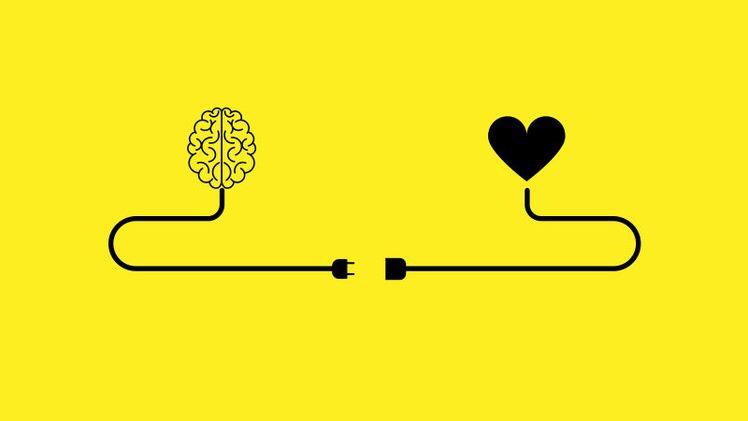How can emotional intelligence affect your life?
- medpulsemag
- Jan 5, 2021
- 2 min read
Updated: Jan 7, 2021
Mai Bahaa
Photo Credit: https://lifehacker.com/emotional-intelligence-the-social-skills-you-werent-ta-1697704987
Imagine a typical day of working peacefully at your laptop and out of the blue, a flood of encrypted messages starts spamming your device. You can’t continue working and the notifications won’t stop unless you solve the encryption.
The first step in solving this issue is to calm down and start decrypting the code. Managing that skillfully would ensure better service and usage out of your device.
Your emotions are like these encrypted messages and the key to escape this confused state is a skill know as Emotional intelligence, EI.
Emotions aren’t just random feelings with no underlying meaning. They are the communicative language of our subconscious, acting like coded signals that describe how you truly feel about something. Most of the time they’re misleading like anger, which is usually a secondary emotion to hurt, frustration or sadness.
It’s fascinating that on a daily basis we only recognize a dozen of emotions while there are about 3000 emotions that we are oblivious to and consequently they’re mistranslated to other secondary emotions which accumulate and take a toll on us.
Emotional intelligence isn’t a constant like IQ but a learnable skill that was popularized by Danial Goleman back in the 90s. Practicing and reading more about it would allow you to experience the four dimensions of EI; self awareness, self regulation, social awareness and relationship building.
Learning how to acknowledge and identify your emotions at a specific moment is crucial and can help you understand yourself on a much deeper level, helping achieve self awareness. This can be achieved through analyzing and tracing the significance of these feelings either through journaling or by spending some time by yourself.
This awareness is the key to self regulation. Allowing you to be able to control your responses and avoid outbursts or isolation which results usually due to inner conflicts and not fully comprehending your own emotions.
By practice you’ll be able to adapt to change better and find innovative methods to reach your goals while taking your feelings into consideration which would ultimately decrease the chances of an emotional burn out.
Mastering your own emotions helps in increasing your social awareness and empathy. You’ll be able to notice the emotional shifts around you through subtle cues & body language and not dismiss them or take them personally.
Being aware of that would allow you to help people around you handle their emotions better and while simultaneously building deeper connections with them. This is known as relationship building.
In summary, learning how to understand, assess and manage your own emotions & impulses as well as those of the people around you is the basis of emotional intelligence.
Embracing your emotions and learning more about the topic can help you control your reactions and think more clearly about your own needs and the needs of others, eventually leading to a better quality of life.






Comments